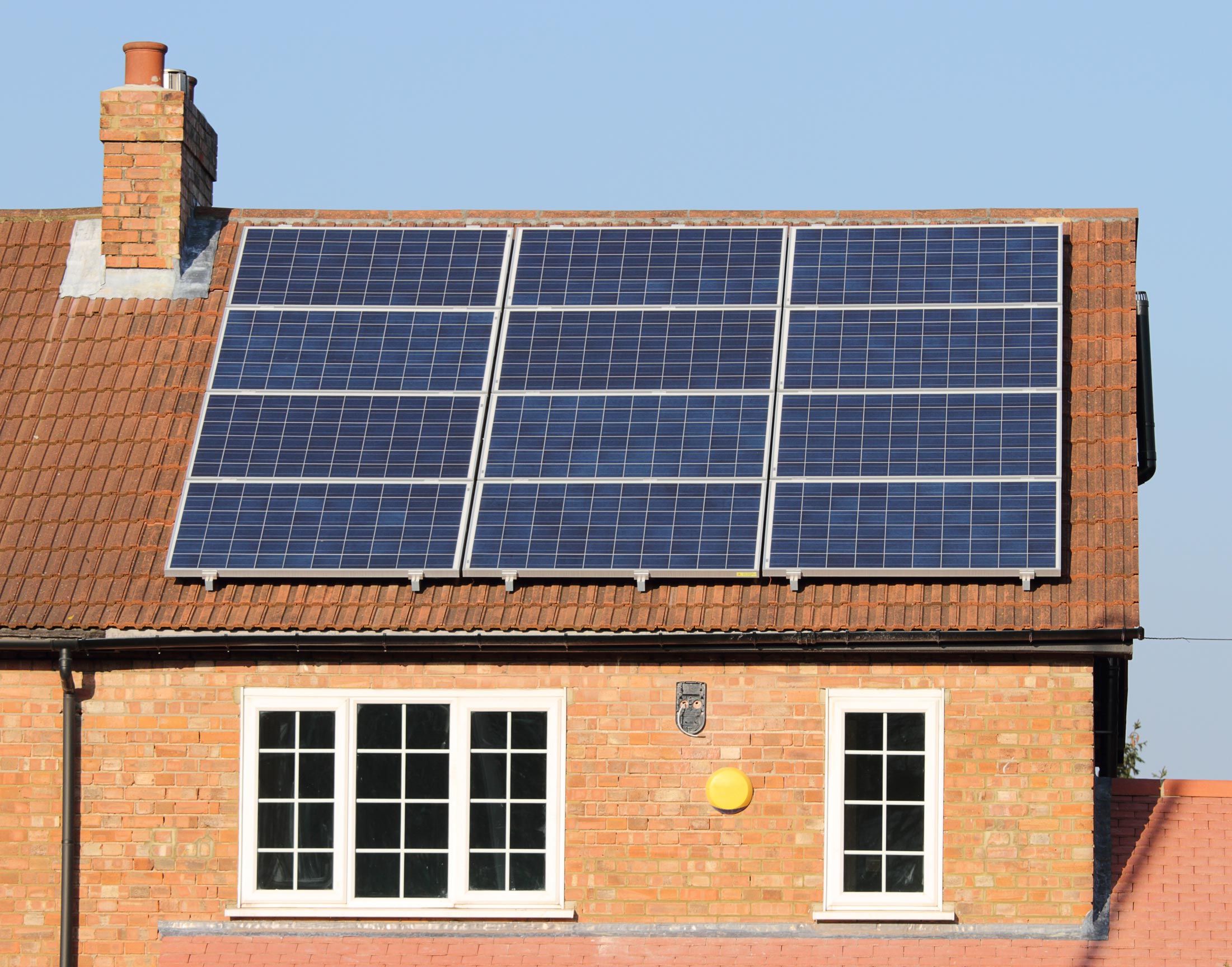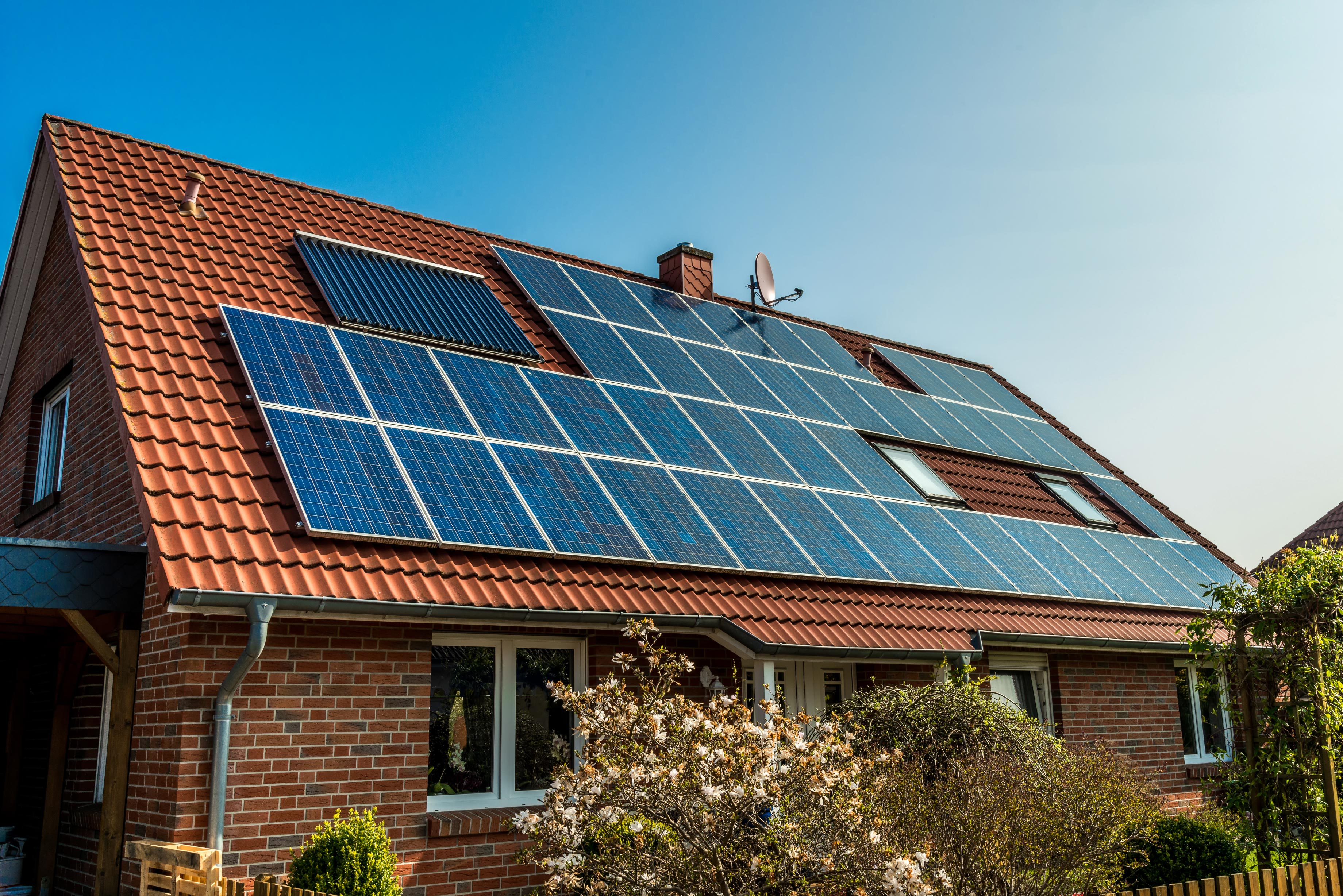Do Solar Panels Work When It's Cloudy? Dispelling the Myths
A common question that arises among homeowners considering solar energy is: "Do solar panels work when it's cloudy?" This concern is particularly prevalent in regions known for their overcast weather. The short answer is yes, solar panels do indeed work on cloudy days, albeit less efficiently than during bright, sunny conditions. In this blog, we'll explore how solar panels operate in different weather conditions, the impact of cloudiness on solar energy production, and tips to maximize efficiency, thereby dispelling myths and setting realistic expectations.
Understanding Solar Panel Functionality
Solar panels generate electricity by converting sunlight into energy. This process relies on photovoltaic (PV) cells within the panels. It's important to note that PV cells can capture different parts of the solar spectrum, meaning they don't solely rely on direct sunlight to produce electricity. Instead, they can also utilize diffuse and reflected sunlight, which is still present during overcast weather.
Solar Energy Production on Cloudy Days
While solar panels are most efficient under direct sunlight, they don't stop working when it's cloudy. On average, solar panels can produce about 10-25% of their rated capacity under heavy cloud cover. This percentage can vary depending on the thickness of the clouds and the type of solar panel. Some newer models are designed to be more efficient in low-light conditions, capturing a broader spectrum of solar radiation.
The impact of cloudy weather can also vary based on geographic location. For example, a city like London, known for its frequent overcast skies, might experience a different rate of solar energy production compared to a more consistently sunny location like Los Angeles. However, even in less sunny climates, solar panels can accumulate significant energy over time, contributing to reduced energy bills and lower carbon footprints.
Tips for Maximizing Efficiency
To ensure your solar panels operate as efficiently as possible, even on cloudy days, consider the following tips:
- Regular Maintenance: Keep your solar panels clean and free of debris, dirt, and dust that can block sunlight, especially after heavy weather events.
- Optimal Angle and Placement: Install your solar panels at the optimal angle and position to capture the maximum amount of sunlight throughout the year. Professional installers can provide guidance based on your specific location.
- Invest in High-Quality Panels: If you live in a particularly cloudy area, consider investing in solar panels specifically designed for low-light conditions. These panels can capture a wider spectrum of light and convert it more efficiently.
- Consider a Hybrid System: For those in extremely overcast regions, combining solar panels with another form of renewable energy, like wind power, or using a battery storage system can ensure a consistent energy supply.
The Bigger Picture
When considering solar energy, it's essential to look at the bigger picture rather than focusing solely on day-to-day variations in weather. Solar panels are a long-term investment, and their efficiency should be measured over months and years rather than individual days. Even in cloudy regions, solar panels can provide significant energy savings and environmental benefits over time.
In regions with net metering policies, surplus energy generated on sunny days can be fed back into the grid, offsetting the lower energy production on cloudy days. This can lead to further savings and increased efficiency of your solar energy system.
Conclusion
While solar panels operate at reduced efficiency on cloudy days, they do not cease to produce electricity. Advances in solar technology and strategic planning can help maximize energy production, even in less-than-ideal weather conditions. By understanding how solar panels work and implementing strategies to enhance their efficiency, homeowners can enjoy the benefits of solar energy, rain or shine. The key is to consider long-term gains and the positive impact on both your energy bills and the environment.









